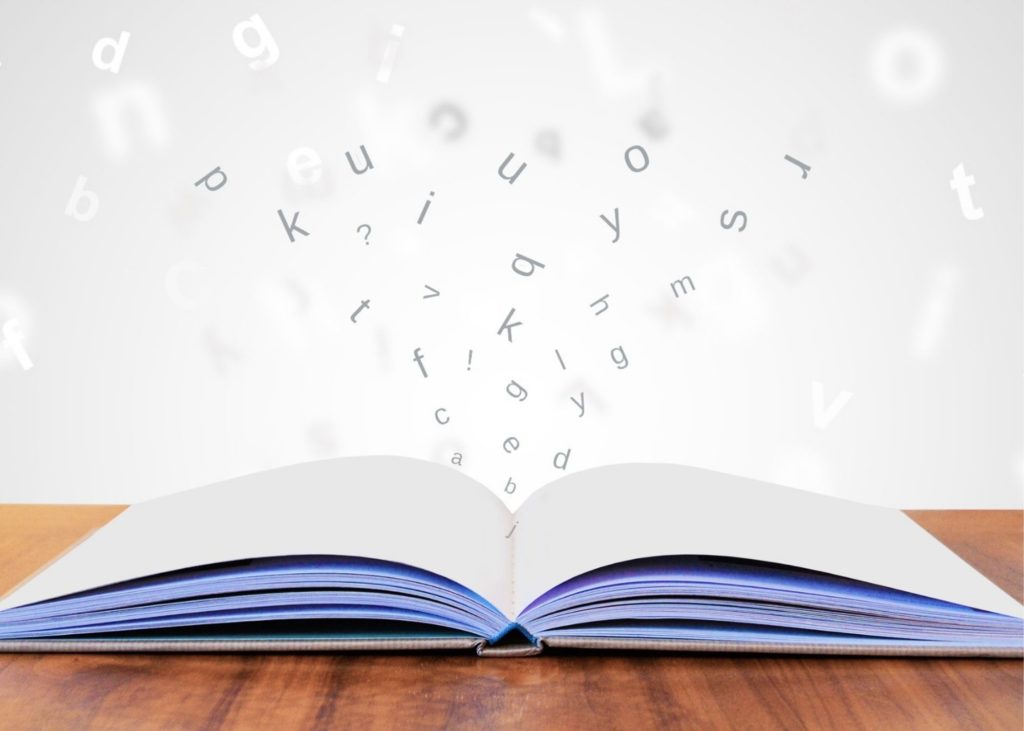Invisible Disabilities Week is celebrated each year between the 17th and 23rd of October. The purpose of Invisible Disabilities Week is to raise awareness of disabilities that are often hidden or not immediately apparent. Dyslexia is a learning disability that affects 20% of the population worldwide. Dyslexia is also the most common of all learning disabilities. Despite how common dyslexia is, many people are unaware of the challenges it can bring to day-to-day life.
What is dyslexia?
Dyslexia is a learning disability that affects a person’s reading, writing, spelling, and speaking skills due to difficulties with phonological processing. Dyslexia does not discriminate, it can affect anyone, and it doesn’t mean that a person lacks intelligence. Dyslexia is often hereditary and is a life-long disability.
About my dyslexia
When I was really young, my mum started to get indications that something wasn’t quite right. She used to read me bedtime stories and I used to be persistent in that the book needed to be turned upside down. I struggled throughout school with reading and writing and it wasn’t until I was 16 years old that I was diagnosed with dyslexia. I was then able to get accommodations such as one on one time with teachers, using a laptop in exams, and extra time in assessments. This made a huge difference during my high school exams and I ended up getting pretty steady results which helped me get into college.
After graduating high school, I didn’t tell anyone I had dyslexia as during high school, I had many comments made to me which knocked my confidence such as classmates saying that having accommodations was like cheating and that “you don’t get extra time in life”. Looking back I know these comments came from a place of misunderstanding and lack of awareness, but at the time, they resulted in me feeling ashamed of the help I was finally being given.
It wasn’t until last year that I told a workplace I had dyslexia. It helped that the place I was applying to was Dyslexia Canada. I have now worked there for over a year and my knowledge, perception, and confidence of dyslexia has been completely transformed.
Even though I have this learning disability myself, I believed many myths and misconceptions. I also didn’t realize how many areas of my life it affected and also what strengths it gives me. I have learned to embrace my dyslexia and what I can do to advocate for myself and not be embarrassed or ashamed of my challenges.

Dyslexia
Dyslexia myths I once believed:
- People with dyslexia are unintelligent.
- It’s simply the reversal of letters or numbers.
- You can outgrow dyslexia if you try harder (especially when teachers tell you so).
- Dyslexics can’t read.
How dyslexia affects me:
-
I struggle writing by hand as I often put the last letter of a word at the start of the next word lik ethis. I also can get certain letters confused and I write quite slowly. I, therefore, prefer to type, especially for taking notes in meetings.
-
I often struggle with word retrieval when speaking and so I get ‘tongue-tied’ often.
-
I get names mixed up that sound similar or start with the same letter. Sunrise and sunset is my latest one.
-
I still struggle to tell my left from right, and which direction is north, east, south, or west (thank goodness for rhymes).
-
My memory isn’t great and retrieval of information can be a challenge. Even if it’s something I love or am super passionate about like the name of the book I am reading or a fact I read in an article about climate change. This means I often sing my own lyrics to songs too!
-
I often make up my own words (like outroverted instead of extroverted) as the words I make up make more sense to me.
- Day-to-day tasks like reading parking signs, filling out forms, and reading the time can be challenging.
Why I’m proud to be dyslexic and the strengths it brings me:
- I am a really creative and visual person.
- I am highly organized (Mostly so I feel in control of my dyslexia).
- I’m entrepreneurial and often think outside the box and see the bigger picture.
- Dyslexia has made me really determined and I don’t think I would have achieved what I have if I didn’t have dyslexia.
- It may take me longer to do things but I try my best in everything I do (determined to do everything to the best it can be).
Many people with dyslexia struggle with poor mental health as they have been bullied, misunderstood or simply don’t believe in themselves. Not all disabilities are immediately apparent and disabilities such as dyslexia affect people in different ways. It’s important to be inclusive to people with neurodiversity as at the end of the day, we are just like everyone else, we just learn a little differently.
Also by Anna: Master Of None—How I’ve Accepted My Multi-Talented Creative Life
Get more like this—Sign up for our daily inspirational newsletter for exclusive content!
__
Photos: Canva




